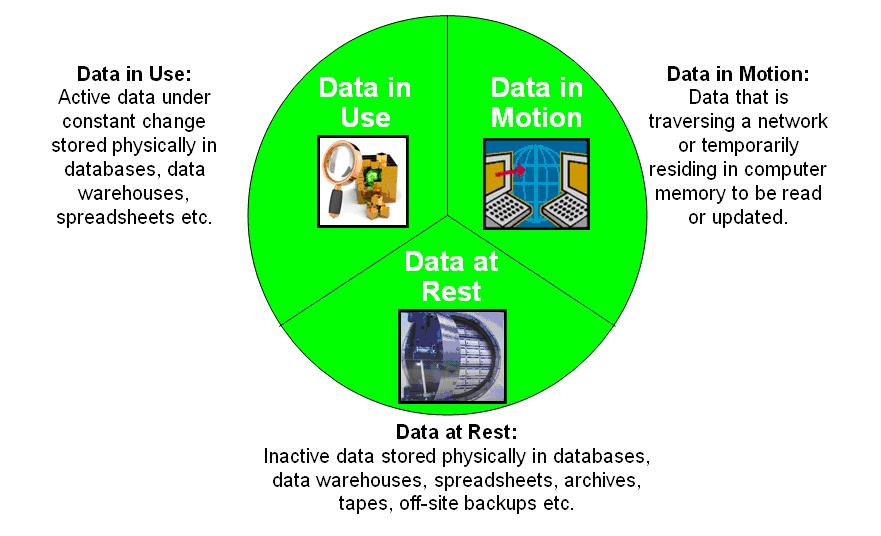Yes, it is highly recommended to have backup data “at rest” in a secure location. “At rest” refers to data that is stored in a non-transitory state, such as on physical media or in cloud storage, and is not actively being transmitted or processed.
Having backup data at rest serves several essential purposes:
- Disaster recovery: In the event of data loss, hardware failure, or a cyberattack, having a backup at rest allows you to restore your systems and recover lost data quickly and efficiently.
- Data preservation: Storing backup data in a safe and stable environment helps preserve the integrity of the data over time.
- Compliance and security: Keeping backup data at rest ensures that sensitive information is protected and complies with data protection regulations and industry standards.
- Efficient resource utilization: When data is at rest, it does not consume as many resources as active data, making it a cost-effective way to retain historical information.
To further enhance the security of backup data at rest, it’s essential to implement encryption to safeguard the data from unauthorized access. Additionally, regular testing and verification of backups are crucial to ensuring their viability when needed.
